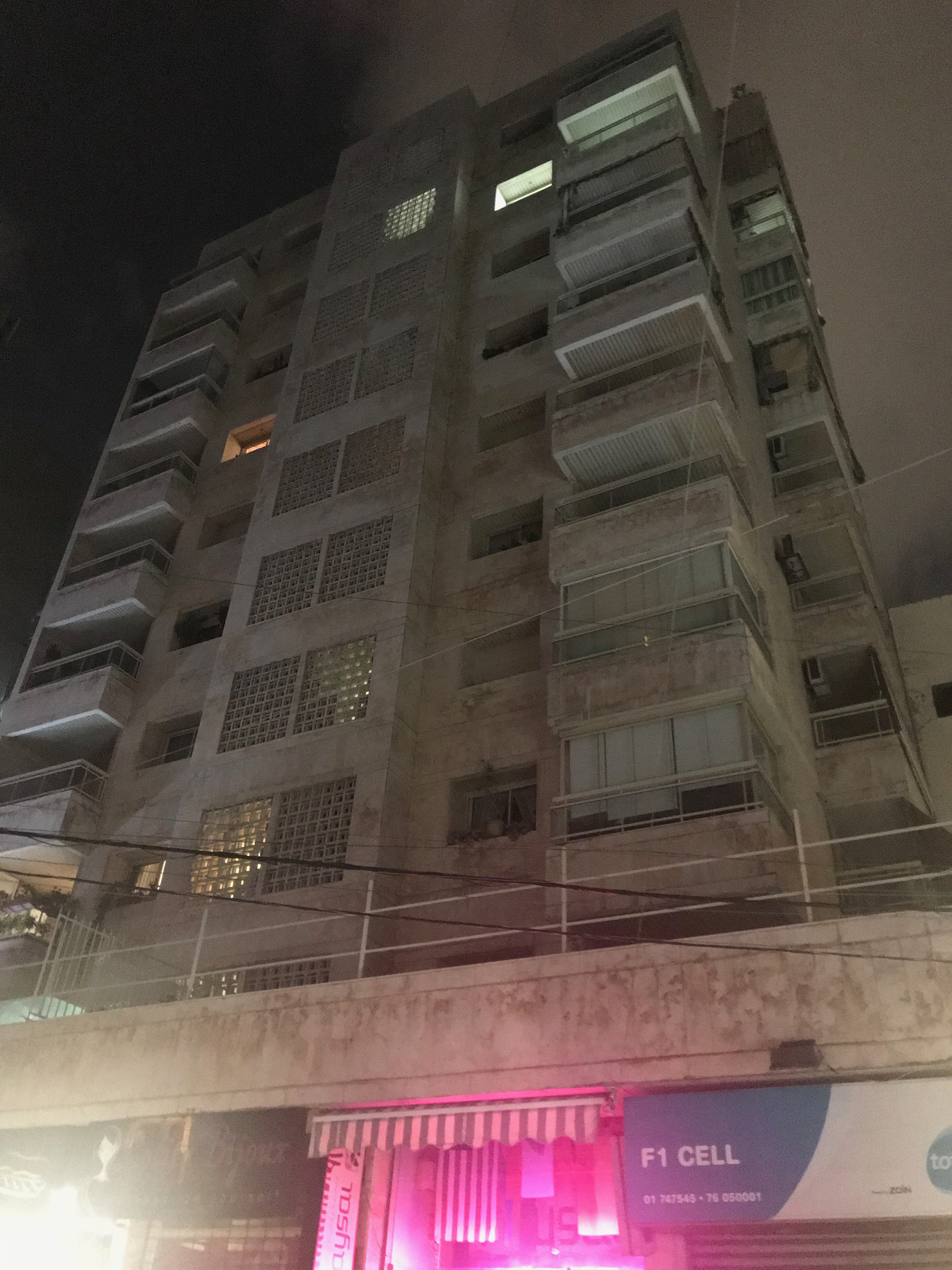
Rawad Wehbe
on translating Khalil Hawi
Khalil Hawi uses simple language, repetition, and alliteration throughout his poems. The collection from which these poems come is structured in a way that the poems become shorter and shorter until it culminates in a poem with a title but no text. My goal was to maintain the simplicity and fluidity of the syntax while creating alliteration when it felt organic. I refrained from using too many coordinating conjunctions to intimate the fluidity of the Arabic structure, because too many “ands” would sound clunky. An issue I struggle with when translating Arabic poetry into English is avoiding sounding archaic. While these poems are dreary, they are also supposed to be fresh and light, despite their heavy content. Arabic has a lot of possessive constructions which tend to sound stilted in English. So, I tried to avoid them and alternated with “ ’s “ contractions. Finally, the first poem uses a series of imperatives (“roam,” “attack,” “grind,” etc.). I’m not sure how to make that clearer in the English.
about the author
Khalil Hawi (1919–1982) was a prominent Lebanese poet known for his contribution to modernist Arabic poetry. Though literary critics agree that Hawi succeeded in creating a poetic style that was unique, they also criticized him for the grotesque and macabre imagery which permeates his poetry. Influenced by philosophy, religion, and politics, Hawi composed poetry that grappled with difficult questions of authenticity and modernity. But Hawi was a sensitive person. The impact of national defeat throughout Arab countries from the Fifties to the Eighties filled his poetry with a lingering malaise from which he was unable to break free. Hawi tragically took his own life in the summer of 1982 upon hearing news of Israel’s invasion of Lebanon during the 1975 civil war, which lasted twenty-five years. It is difficult not to read Hawi’s poetry in light of his suicide. However, buried deep within the harrowing and nightmarish images he wove together is a story of a disturbed individual who created a language capable of exploring the harshest complexities of human emotional landscapes. Hawi is revered within Arabic literary circles as someone who used poetry to look deep into the abyss where others dared not.
about the translator
Rawad Wehbe is a PhD student in the department of Near Eastern Languages and Civilizations at the University of Pennsylvania. He studies both pre-modern and modern Arabic literature with a focus on poetry. His decision to study Arabic as an undergraduate at UCLA to learn about his own culture and heritage as an Arab-American transformed into a dedication to explore new approaches to imagine, frame, read, and eventually teach, Arabic literature. He currently lives in Philadelphia, PA, but usually spends his summers in Lebanon, where he teaches Arabic at the American University of Beirut.

photo by Rawad Wehbe
